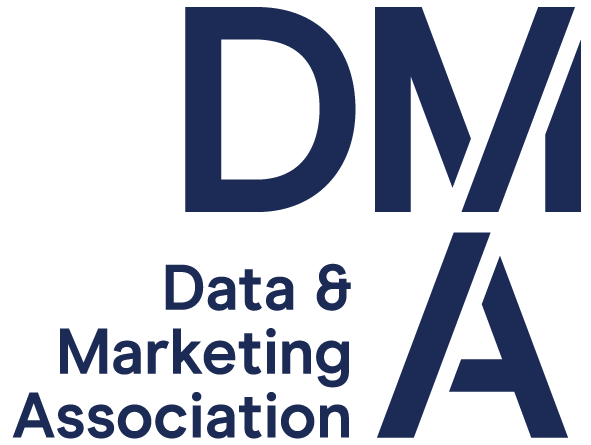After moving back to my home town, I started my career at Air fresh out of university. I had completed a 6-month internship in business development at a PR and marketing agency, however it was fair to say that my experience in business development was still at novice level. Understandably, upon securing a job at Air, I was nervous. Although the team had been very welcoming and transparent, I couldn’t fully understand what my role as Business Development Executive would demand of me.
But I quickly found that I didn’t need to worry. During my first few weeks at Air, the team were so encouraging and open to helping with all aspects of my training. Their encouragement gave me confidence and I found that my capabilities in sales and business development were actually a lot stronger than I thought, even if I was a ‘beginner’. With the team continuously giving me constructive feedback and boosting my confidence, I couldn’t wait to get on the phone and start dialling. There was no pressure to be at a certain level – I simply needed to be professional, polite and enthusiastic. The in-depth training would take care of the rest.
I scored highly in my first few days of dialling and Air never treated me, or any other new employee, as if I couldn’t do something yet. They threw me in at the deep end and surrounded me with support, allowing me to dial on 3-4 campaigns within a matter of weeks. I quickly grew my knowledge and began speaking with decision makers in an array of industries, from fintech to HR and performance management.
When I joined, Air was only 2 years old with a team of around 30. They had grown quickly, and I realised that there was an opportunity here if I wanted it – and I did. Although I had joined the business development world, I didn’t want to just generate leads; I also wanted to share my growing knowledge and ideas for campaign improvement, eventually running one of my own.
My manager, Account Director Keryn Seal, recognised this ambition and after passing my 3-month probation, I was promoted to Senior Business Development Executive. The thing about Air is that no one is out for themselves, everyone is here to help you and drive the business forwards. Under Keryn’s guidance I was exposed to the basic operations of a campaign and our system, shown how to interact with clients and oversee a team of diallers. All I needed was an opportunity to put this into practise.
I got my opportunity when we moved to the new office in October 2019 and Air reworked its internal structure. Promoted to Account Executive, my new role sees me supporting my Account Director, Keryn, in the day-to-day operational tasks of a campaign, including set-up, strategy, reporting and being the link for feedback between diallers and the AD/client. This promotion has only encouraged me further and my aspirations are now to become an Account Director and Air are helping me to get there.
Since January, Air have supported me in my decision to pursue the leadership side of sales and business development. The step up is not one to be taken lightly and so they have enrolled me on a specialist training course, given me continuing support and exposed me to the commercial, client and growth aspects of the business. I’ve also been given my own accounts, recently working on a project that not only allows me to manage my own campaign but also a whole team of agents.
I can’t put into words how much I continue to develop and grow at Air. It’s been a fantastic opportunity in just over a year and I can only see further progression in the future.
Some parting advice for anyone unsure on which direction to go in next… Whether you are a graduate, unhappy in your current job, or looking for something new, give it a go. You’ll know when you find the right company to help you develop and flourish, just as I’ve done with Air.








